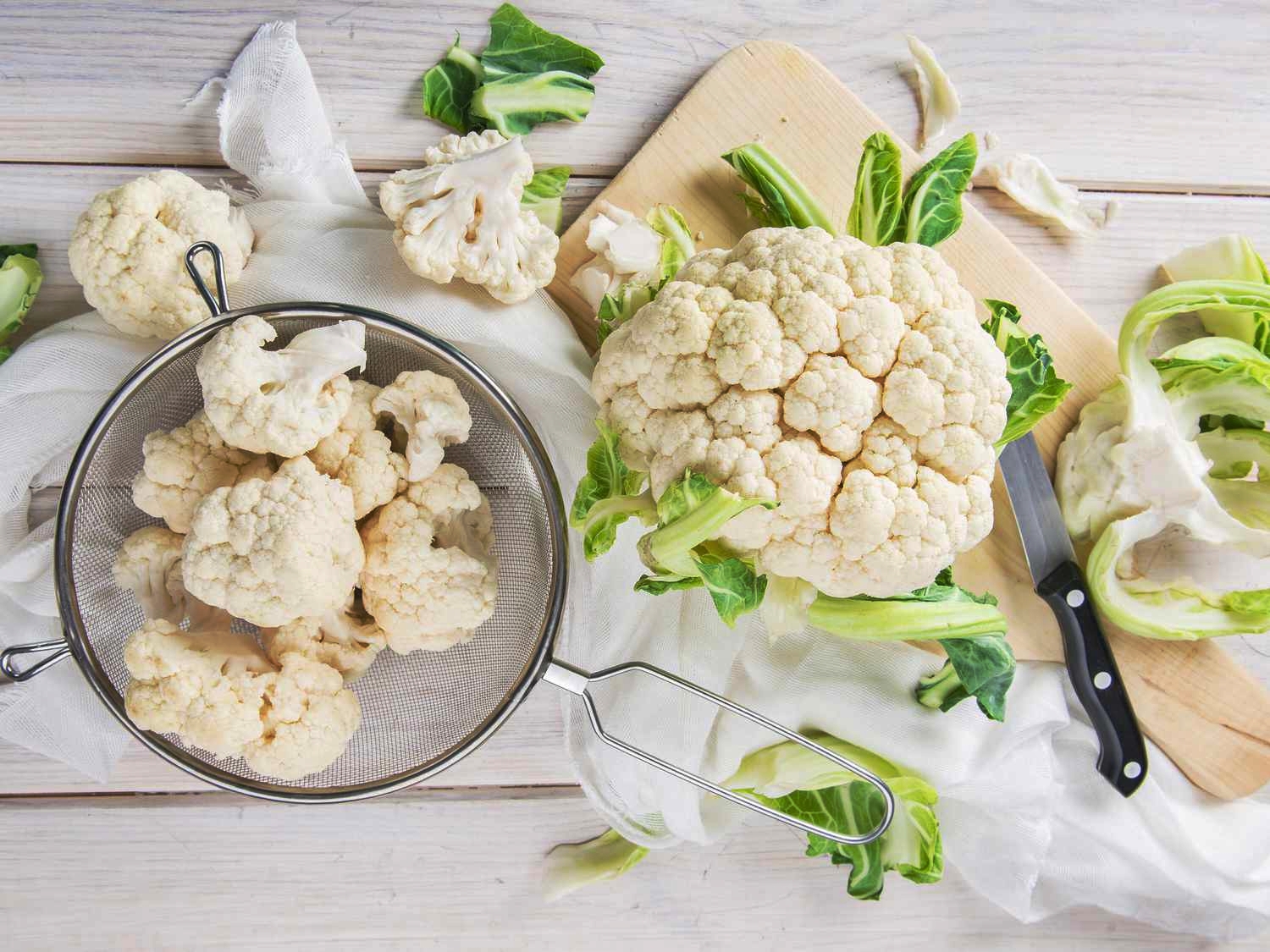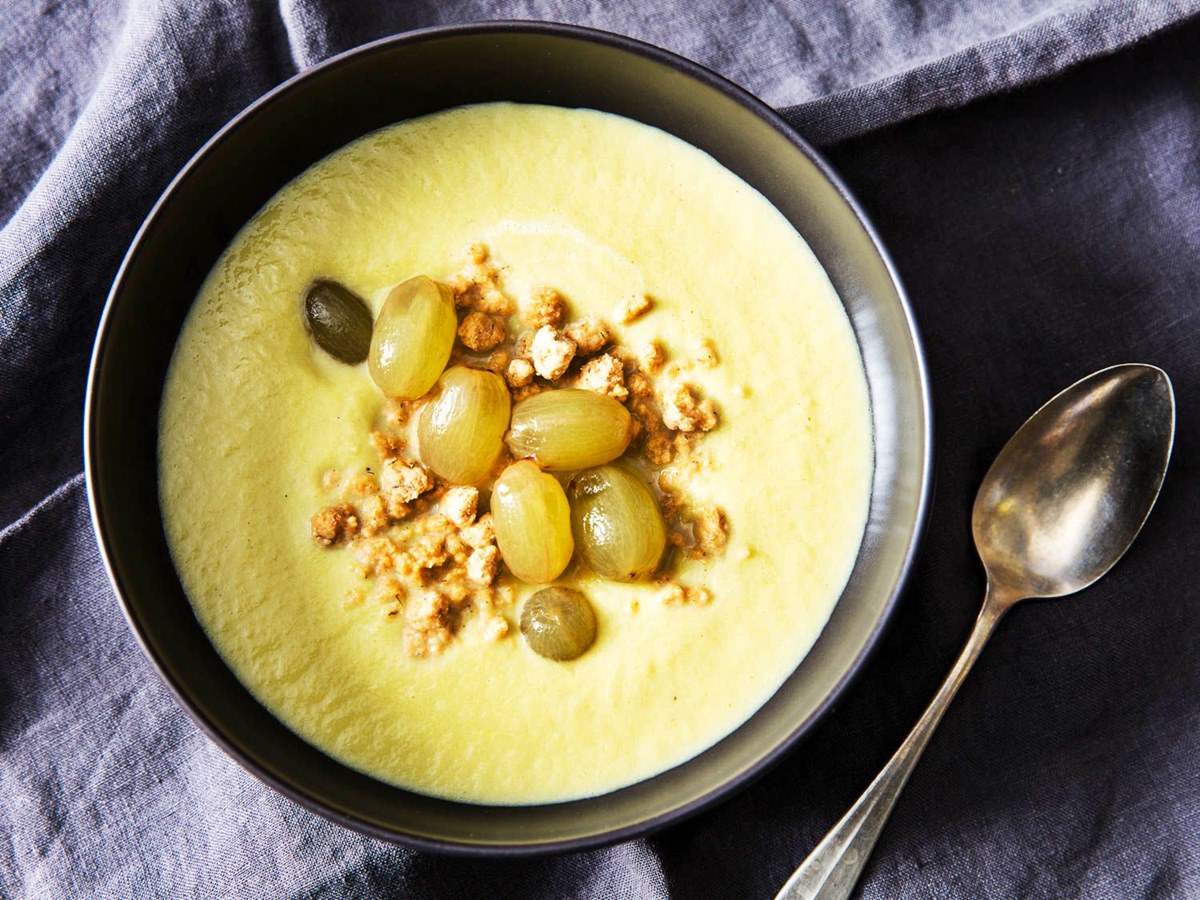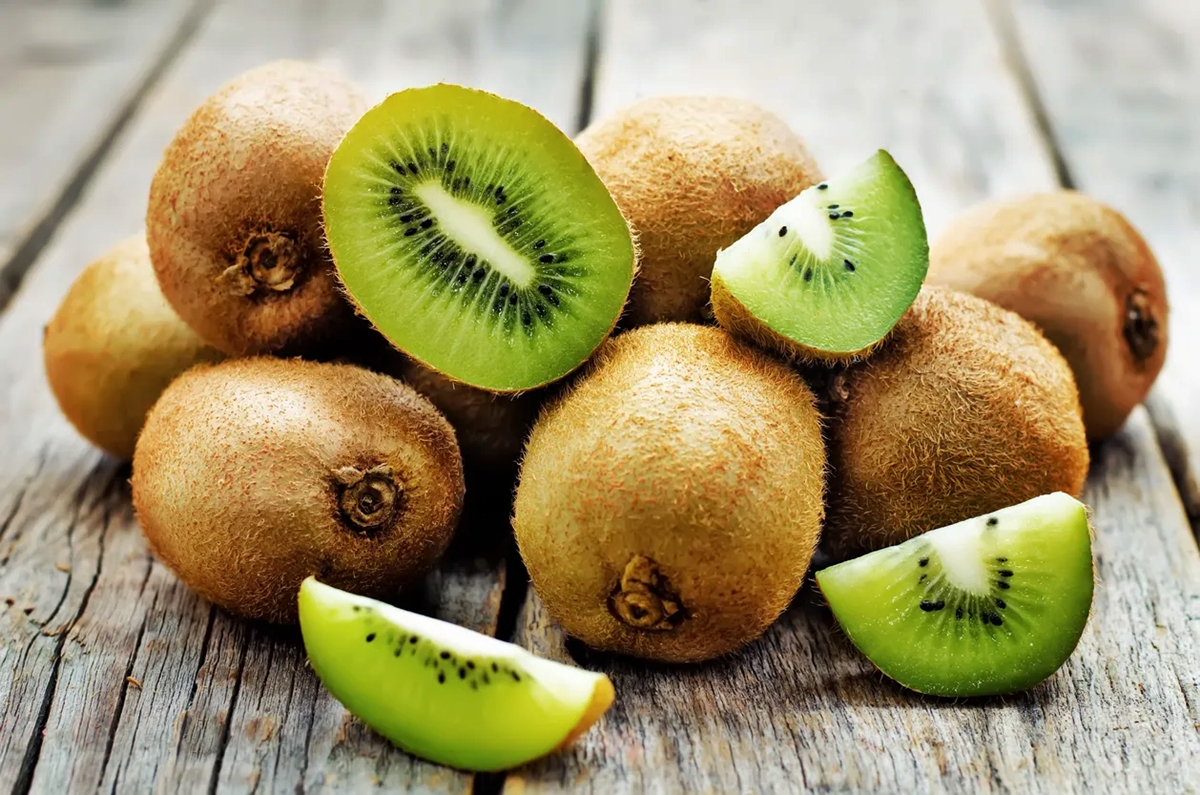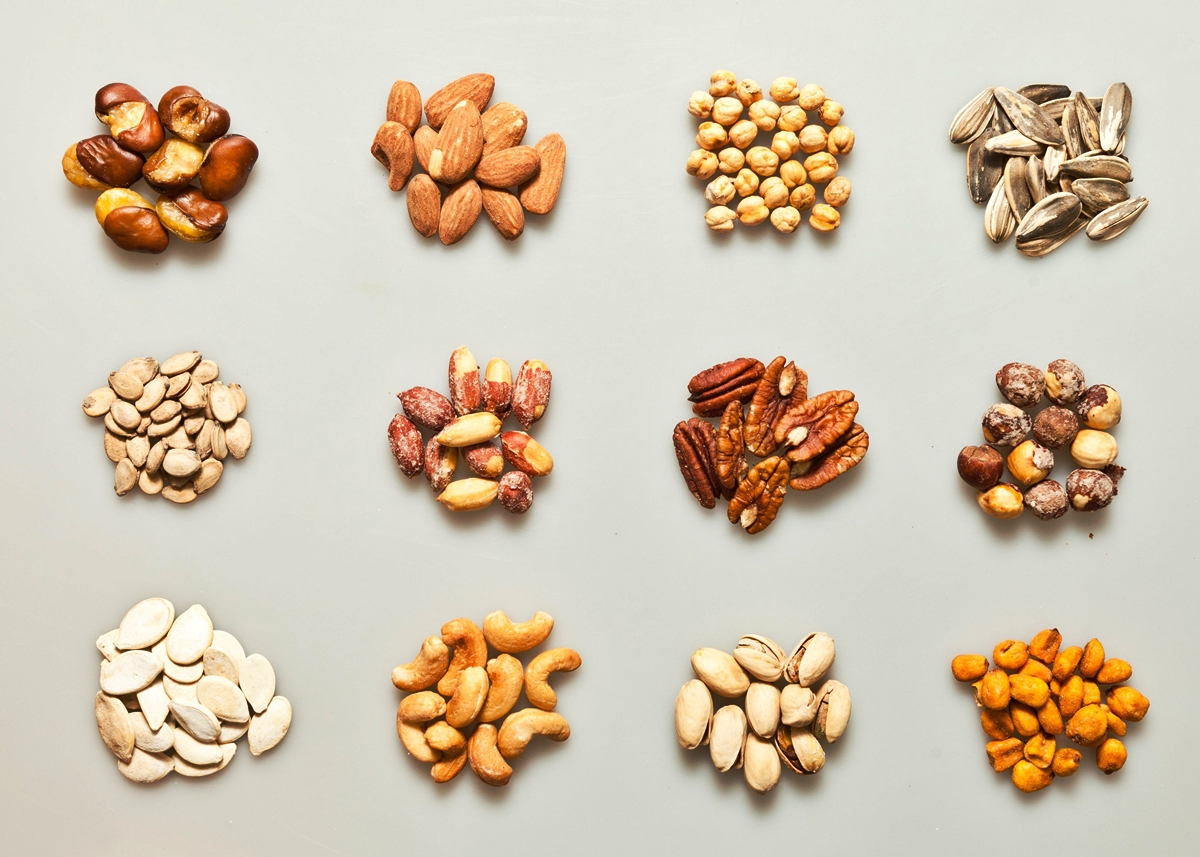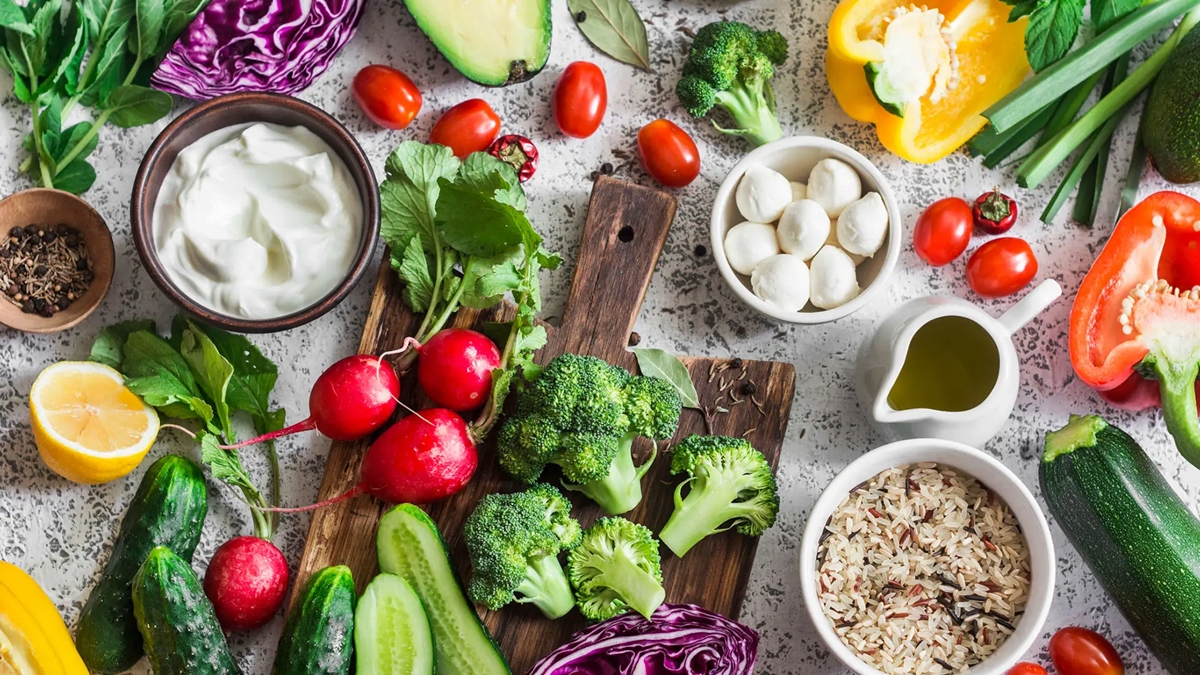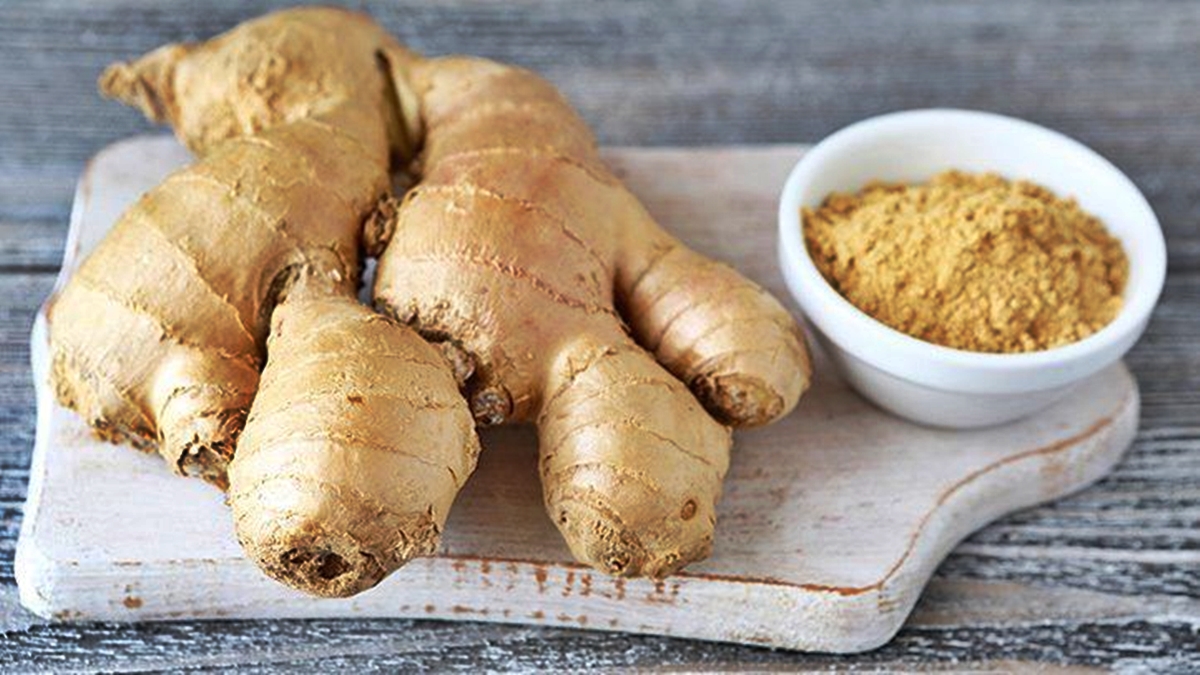Top 5 Health Benefits of Rice
When it comes to staple foods, rice is undoubtedly one of the most popular choices around the world. This versatile grain has been a dietary staple for centuries and it continues to be a significant source of nutrition for many cultures. Not only is rice delicious and easy to cook, but it also comes with a range of health benefits. Let’s explore the top five health benefits of rice:
1. Provides Energy Boost
Rice is an excellent source of carbohydrates, which are the body’s primary source of energy. Consuming rice can provide you with a quick and sustained energy boost, making it an ideal food choice for athletes and individuals with active lifestyles. The complex carbohydrates found in rice are slowly digested, leading to a gradual release of energy, preventing sudden spikes and crashes in blood sugar levels.
2. Supports Digestive Health
Rice contains dietary fiber that promotes healthy digestion. The insoluble fiber present in rice adds bulk to the stool, preventing constipation and promoting regular bowel movements. Additionally, the soluble fiber in rice helps nourish beneficial gut bacteria, leading to a healthier gut microbiome.
3. Gluten-Free and Easily Digestible
Rice is naturally gluten-free, making it an excellent option for individuals with gluten sensitivities or celiac disease. It is also gentle on the digestive system and less likely to cause allergies or digestive discomfort compared to other grains. Rice is easily digested, making it a suitable choice for people with sensitive stomachs or those recovering from illness.
4. Packed with Essential Vitamins and Minerals
Rice is a good source of essential vitamins and minerals, including vitamin B, iron, manganese, and selenium. These nutrients play vital roles in maintaining overall health and well-being. Vitamin B is needed for energy production, iron supports healthy blood cells, manganese aids in bone health, and selenium acts as an antioxidant, protecting the body from cellular damage.
5. Promotes Heart Health
Brown rice, in particular, is a heart-healthy option. It contains high amounts of fiber, magnesium, and beneficial plant compounds that promote cardiovascular health. The fiber helps reduce cholesterol levels and lower the risk of heart disease, while magnesium supports proper heart function and regulates blood pressure levels.
Rice is undoubtedly a nutritious and versatile food that can be incorporated into a range of dishes, from stir-fries to salads and even desserts. However, it is essential to choose whole grain varieties like brown or wild rice over refined white rice to maximize the health benefits. So go ahead, enjoy a bowl of rice, and reap the numerous health benefits it has to offer!
Was this page helpful?
Read Next: Top 5 Health Benefits Of Kimchi


